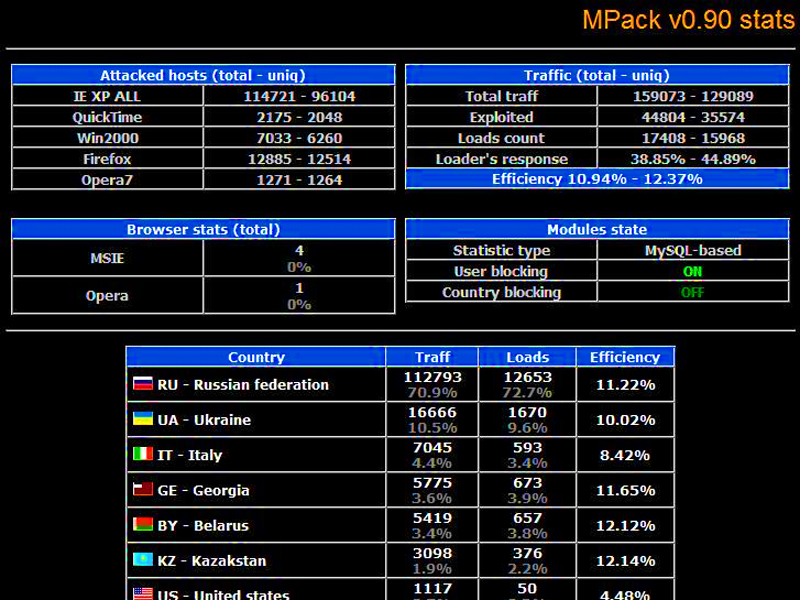Cyber-warfare danger still on the rise
And the authorities don't know how to fight it

Cyber-warfare is likely to become a major weapon in conflicts between states, according to a report from the International Institute of Strategic Studies. At present there are no international controls on the use of cyber weapons.
The dire warning accompanied the Institute's release of its annual assessment of global military capabilities and defence economics, Military Balance 2010.
According to director general John Chipman: "Cyber-warfare [may be used] to disable a country's infrastructure, meddle with the integrity of another country's internal military data, try to confuse its financial transactions or to accomplish any number of other possibly crippling aims."
He said the problem is "we are now, in relation to the problem of cyber-warfare, at the same stage of intellectual development as we were in the 1950s in relation to possible nuclear war."
The US Defence Department's Quadrennial Defence Review has expressed exactly the same concerns, pointing out that the seven million computers it has in 88 countries offers "potential vulnerabilities."
It's your fault, no, it's your fault
Reports of cyber-warfare have been on the increase recently, with some of it said to be government-sponsored.
Get daily insight, inspiration and deals in your inbox
Sign up for breaking news, reviews, opinion, top tech deals, and more.
Last month South Korea alleged that its Northern neighbour had stolen secret plans in an attack, and Germany has said that both Russia and China has unleashed online spying operations against it, and China accused the US of waging "online warfare" with a "hacker brigade."
Search giant Google is teaming with the US National Security Administration to investigate the espionage attack it suffered on its service, which it believes started in China.
The aim would be to stop further attacks and keep Google users safe. The attacks have been termed a 'wake-up call' by the US government.
Via The Guardian